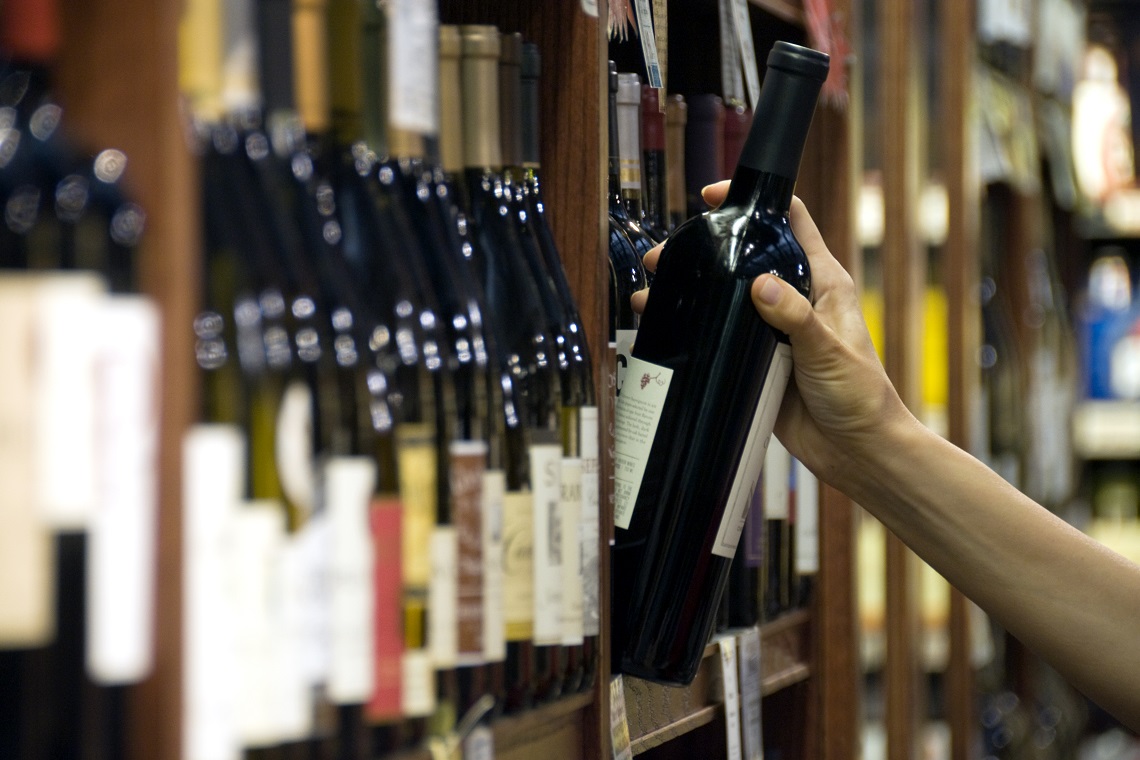In a new report, Wine Intelligence suggests long-term demographic and lifestyle trends point towards a positive outlook for sustainable wine, despite analysis showing an upcoming recession or a slowdown of major economies might temper the desire for sustainable products.
As noted by Wine Intelligence, efforts directed toward sustainability in recent times have amounted to massive investment by winemakers, not just in monetary terms, but in time and intellectual energy.
This means sustainable wines can carry a higher price tag for consumers while generating a mixed reward in the marketplace. So while consumers generally react positively to themes of sustainability when making product choices, this is yet to be tested when they are confronted with inflation, less buying power, rising utility prices and a general rise in the cost of living (we’re looking at you, iceberg lettuce).
As Wine Intelligence points out: “Consumers feel good about the idea of sustainability in the products they buy, but appear to be less keen on paying a premium to acquire them.”
So, how does sustainable wine meet these challenges, while remaining active in the market?
For Wine Intelligence, businesses with a sustainability agenda – and premium prices – will need to work over the short term to maintain their listings by focusing on value for money and desirability, “rather than more esoteric attributes”.
“Consumer purchase decisions are primarily driven by underlying value and personal utility. In the end, consumers won’t buy a product they don’t like the taste of just because it is doing something right in the world,” Wine Intelligence said.
It follows that if brands can deliver taste and value, along with a positive and uplifting sustainability message, they’re more likely to win out.
Long-term, Wine Intelligence says the outlook for sustainable wine is positive. This is put down to drinkers in their 20s and 30s who are regarded as “strongly motivated” to buy in the sustainable category. Indeed, according to Wine Intelligence, drinkers in this cohort are already buying wines with a sustainable story.
Highlighting a generational divide, drinkers in their 50s and 60s are considered to be “largely unmoved” by sustainability claims. These drinkers dominate markets in terms of volume consumed and are said to be more price conscious.
But Wine Intelligence drills down further: “Younger LDA consumers in the wine category generally tend to drink less, and to spend more on a bottle when they do choose to drink wine.”
It’s here that Wine Intelligence puts down a marker. Five or 10 years down the road, it says, younger LDA consumers will be entering their main drinking years “and their desires and tastes will start to dominate the category”.
If they maintain their positive outlook towards sustainable wine, they might shift sustainable wine more towards the mainstream.
The full Wine Intelligence report can be read here.

